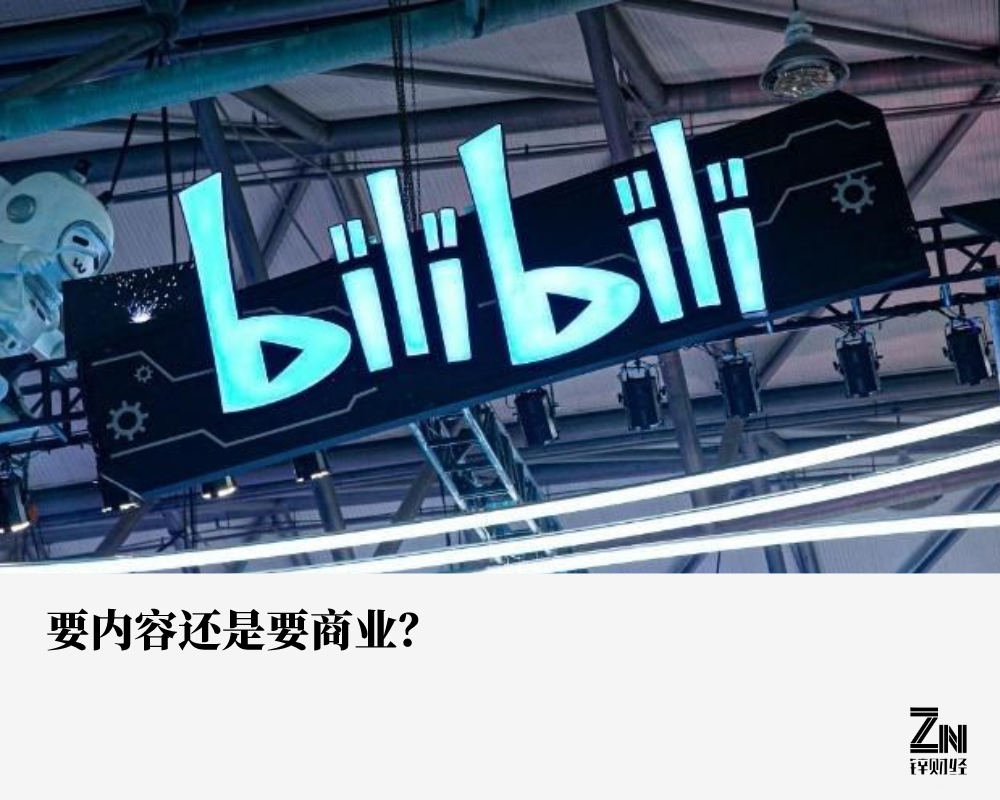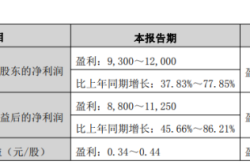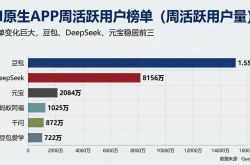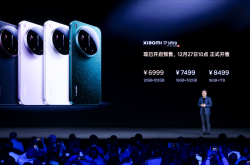"Absence from 618, the Dilemma of Bilibili's E-commerce
![]() 06/14 2024
06/14 2024
![]() 671
671

Author | Lu Shiming
Editor | Dafeng
Opening Bilibili recently, one would find advertisements for the 618 e-commerce promotion "flying everywhere." The intersection of splash screens, popup ads, and banner ads has significantly impacted the user experience.
This phenomenon is not new. In recent years, during almost every major e-commerce promotion, Bilibili would adopt a new "face" to promote other e-commerce platforms vigorously, seizing the opportunity to earn a profit.
However, despite all the effort, Bilibili seems unable to expand its "e-commerce business" to become a significant player, thereby escaping from the quagmire of perennial losses. Yet, e-commerce remains Bilibili's greatest hope for escaping its commercialization dilemma, a new growth curve that cannot be abandoned.
After years of attempting traditional e-commerce models without success, the "troubled" Bilibili introduced the so-called "big open loop" strategy, aiming to earn a quick and easy profit by "selling traffic".
Bilibili's approach is not inherently wrong, but the fundamental issue of the conflict between content and commerce remains unresolved. Balancing content quality and commercial atmosphere based on its own situation to gradually gain user acceptance and substantial profits? The difficulty far exceeds imagination.
01
Embracing All, Selling Traffic
In the third quarter of 2022, Bilibili announced an e-commerce strategy called the "big open loop".
The so-called "big open loop" essentially involves opening its content ecosystem to leading e-commerce platforms for traffic diversion, or simply put, "selling traffic." Its essence is still advertising. To sell traffic at higher prices, Bilibili has made many moves since last year, such as actively embracing major e-commerce platforms, introducing Taobao, JD.com, and Pinduoduo, as well as launching live streaming and other basic sales functions.
Currently, Bilibili's cooperation with the three major e-commerce platforms is slightly different.
Firstly, Taobao, which has been cooperating with Bilibili for the longest time, has strengthened its partnership over the past year. For example, during last year's Double 11, Bilibili temporarily renamed the "Member Purchase" entry at the bottom of its mobile app to "Double 11" and added a "Tmall Double 11" section.

Image: Bilibili x Tmall 2023 Double 11 Poster
Secondly, JD.com, which only started cooperating last year, announced a joint "Jinghuo Plan" with Bilibili, allowing brands to drive traffic from Bilibili videos to JD.com for immediate conversion, while relying on multi-dimensional post-link data indicators to measure the value of seeding.
Lastly, as Bilibili's major sponsor, Pinduoduo has intensively invested in numerous UP main channels. Recently, some users have noticed that clicking on a video card with the "Creative Promotion" logo on Bilibili's mobile homepage does not play the video but directly redirects to the Pinduoduo app.
In addition to cooperating with leading e-commerce platforms, Bilibili has also included Vipshop, Depin, and Xianyu in its cooperation map. Bilibili's slogan is "big open loop, more open," but in reality, it's just about "eating multiple fish with one net."
Bilibili's "big open loop" strategy is completely different from the approaches used by other content platforms to launch e-







